One community, many research topics

The Lausanne Integrative Metabolism and Nutrition Alliance (LIMNA) is an umbrella for research groups working on the topics of metabolism and nutrition in the Lemanic area. By promoting interdisciplinary collaborations and research we want to help advancing knowledge and understanding in the fields of metabolism and nutrition, and thus contribute to the broader scientific community’s efforts to improve human health and well-being.
The Direction Committee
The current LIMNA direction committee consists of members of UNIL, CHUV and the EPFL. The board is responsible for the planning and realization of activities like the LIMNA symposia, teaching and increasing the network of LIMNA groups within the Lemanic region (and beyond).
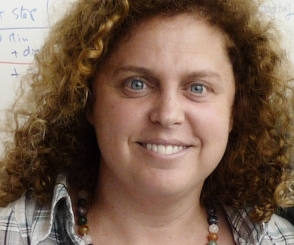
Francesca Amati
MD PhD - UNIL & CHUV
Francesca Amati
MD PhD - UNIL & CHUV
After finishing her MD and specialization in internal medicine and diabetology at the University of Geneva, Francesca obtained her PhD at the University of Pittsburgh in the lab of Bret Goodpaster. The creation of her Aging and Muscle Metabolism lab at UNIL started with the implementation of the AGIR study, a large clinical study including an exercise intervention.
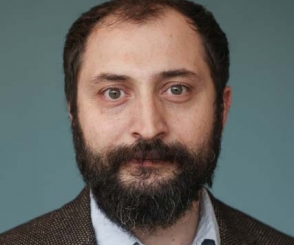
Giovanni D’Angelo
PhD - EPFL
Giovanni D’Angelo
PhD - EPFL
Giovanni D’Angelo graduated in 2003 with a MSc in Medical Biotechnology from the University of Naples, Italy and obtained his PhD in Cell Biology in 2008 from the Consorzio ‘Mario Negri’ SUD, Santa Maria Imbaro, Italy. For his postdoctoral training, he moved to the Telethon Institute for Genetics and Medicine in Naples, Italy to study sphingolipid metabolism and intracellular lipid trafficking. In 2012, Giovanni moved to the Institute of Protein Biochemistry, at the National Research Council of Italy in Naples as a principal investigator.
In 2018 Giovanni moved to the Swiss Federal Institute of Technology in Lausanne (EPFL) where he is now Assistant Professor and Kristian Gerhard Jebsen Chair on Metabolism, Giovanni’s main interest is understanding the meaning of compositional variability in cell membranes by studying the mechanisms by which the lipid composition is determined.
https://www.epfl.ch/labs/dangelo-lab/
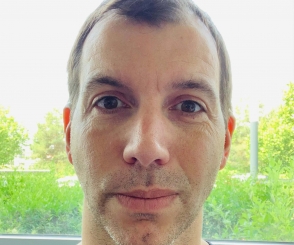
Carles Canto
PhD - EPFL
Carles Canto
PhD - EPFL
After graduating in Biochemistry at the University of Barcelona, Carles Canto performed his doctoral work in the laboratory of Prof. Anna Gumà and Prof. Antonio Zorzano, studying the influence of growth factors in skeletal muscle glucose uptake and metabolism. During this time, he also did a stay in the laboratory of Prof. Juleen R. Zierath at the Karolinska Institute (Stockholm, Sweden) to evaluate how growth factors interacted with the molecular signals triggered by muscle contraction.
Trying to understand the nature of transcriptional adaptations to metabolic challenges, Carles Canto joined as s post-doctoral fellow the laboratory of Prof. Johan Auwerx, first at the Institut de Génétique et de BIologie Moleculaire et Cellulaire (IGBMC, Strasbourg, France) and later at the Ecole Polytechnique Fédérale de Lausanne (EPFL, Lausanne, Switzerland). After his postdoctoral work, he joined the Nestlé Institute of Health Sciences as group leader, where he further pursued his research in relation to metabolic sensing mechanisms, mitochondrial biology and NAD+ metabolism.
Since 2022, Carles Canto is back at EPFL as Senior Researcher to follow his passion for understanding the molecular machineries by which cells understand and adapt to the metabolic environment.
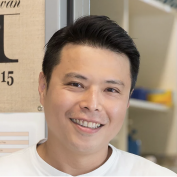
Ping-Chih Ho
PhD - UNIL & LICR
Ping-Chih Ho
PhD - UNIL & LICR
Ping-Chih Ho grew up in Taiwan and obtained his basic biomedical training, including bachelor degree (Life Science) and master degree (Biochemical Science), at National Taiwan University. He then obtained his PhD in Department of Pharmacology at University of Minnesota. Ping-Chih then did postdoctoral training with Susan Kaech at Yale University, where he demonstrated how cancer cells evade T cell immunosurveillance by depriving infiltrating T cells of glucose, which is consumed in large amounts by malignant cells.
In September 2015, he relocated to Switzerland as a tenure-track assistant professor in the Department of Oncology at the University of Lausanne (UNIL) and act as an adjunct scientist at the Ludwig Institute for Cancer Research. Ping-Chih was promoted as a tenured associate professor at the University of Lausanne in August 2019 and promoted to Associate Member at the Ludwig Institute for Cancer Research in January 2020. Since 2023 he is full professor at UNIL.
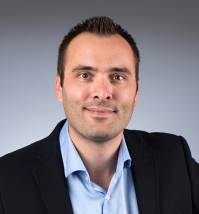
Alexis Jourdain
PhD - UNIL
Alexis Jourdain
PhD - UNIL
Alexis Jourdain received his PhD in 2013 from the University of Geneva for his work on mitochondrial gene expression and mitochondrial RNA granules under the supervision of Prof. Jean-Claude Martinou, as a fellow of the Roche Research Foundation. In 2015, he joined the laboratory of Prof. Vamsi Mootha, Howard Hughes Medical Institute (HHMI) investigator, at the Broad Institute of MIT & Harvard, Harvard Medical School and the Massachusetts General Hospital.
During his postdoctoral training as a fellow of the European Molecular Biology Organization (EMBO) and the Swiss National Science Foundation (SNSF), Alexis used systems biology approaches to discover nuclear genes involved in energy metabolism, including genes encoding mitochondrial and pre-mRNA splicing subunits. In spring 2021, Alexis joined the Department of Immunobiology (formerly Biochemistry), at the University of Lausanne as a tenure-track Assistant Professor.
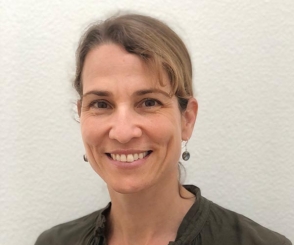
Marlen Knobloch
PhD - UNIL
Marlen Knobloch
PhD - UNIL
Marlen Knobloch has been trained as a neurobiologist, obtaining her PhD with Prof. Nitsch at the University of Zurich, Switzerland, where she developed a novel mouse model for Alzheimer’s disease and contributed to a novel immunization approach. Her postdoctoral work with Prof. Jessberger at ETH/ University of Zürich focused on the metabolic requirements of adult neural stem cells.
Her work has uncovered an important mechanism how lipid metabolism controls neural stem cell activity.
In 2017, Marlen Knobloch joined the University of Lausanne; since 2023 she holds a chair as associate professor.
Johan Auwerx
EPFL
Diana Ballhausen
CHUV
Aristea Binia
NNI
Metabolic Programming group
Our objective is to develop nutritional and non-nutritional concepts to promote lifelong cardiometabolic health focusing on:
- Short term: adequate neonatal birth weight, infant/toddler growth & body composition, metabolic state
- Long term: future metabolic health of mothers and babies
- Breast milk/breastfeeding support for adequate infant growth and lifelong metabolic health
Our expertise are: maternal and infant nutrition and physiology, human milk physiology, genetic and nutrition epidemiology, epigenetics and animal physiology with a focus on metabolic health & glucose homeostasis
Keywords
- metabolic programming
- human milk
- lactation
- infant nutrition
- development origins of health and disease
- genetics
- epigenetics
- body composition
- lifelong metabolic health
Murielle Bochud
CHUV
Domenico Bosco
HUG & UNIGE
Roberto Coppari
HUG - UNIGE
Sophie Croizier
UNIL
Christian Darimont
NIHS
Bart Deplancke
EPFL
Charna Dibner
UNIGE
Fajas Coll
EPFL
Michelangelo Foti
UNIGE
David Gatfield
UNIL
Anne-Claude Gavin
UNIGE
Johannes Graeff
EPFL
Michael Hauschild
CHUV
Michael Herzog
EPFL
François Jornayvaz
HUG - UNIGE
Zoltan Katulik
UNIL
Fanny Langlet
UNIL
Bruno Lemaitre
EPFL
Lluis Fajas Coll
EPFL
Isabel C. Lopez Mejia
UNIL
Matthias Lutolf
EPFL
Jean-Claude Martinou
UNIGE
Liliane Michalik
UNIL
Grégoire Millet
UNIL
Mario Noti
NNI
Alejandro Ocompo
UNIL
Mauro Oddo
CHUV
Tatiana Petrova
UNIL
Nelly Pitteloud
CHUV
Nicolas Place
UNIL
Jardena Puder
CHUV
Manuele Rebsamen
UNIL
Marc Robinson-Rechavi
UNIL
Romani Regazzi
UNIL
Carmen Sandi
EPFL
Kristina Schoonjans
EPFL
Gerasimos Sykiotis
CHUV
Mirko Trajkovski
UNIGE
Nicola Vannini
UNIL
Bernhard Wehrle-Haller
UNIGE
Andreas Wiederkehr
EPFL
Methylmalonic aciduria (MMAuria; methylmalonyl-CoA-mutase deficiency), and glutaric
aciduria type I (GA-I; glutaryl-CoA dehydrogenase deficiency) are inborn errors of
metabolism presenting during the first years of life with cerebral dysfunction caused by
metabolic self-intoxication. While both diseases have been known for more than 40 years,
existing therapies aimed at metabolic correction (ranging from dietary therapy to liver
transplantation) are unable to prevent progressive cerebral damage and irreversible handicap,
even in presymptomatically treated patients diagnosed by newborn screening. Understanding
the mechanisms of cerebral dysfunction is crucial for the development of more efficient
neuroprotective treatments, aiming at preventing neurological handicap.
We recently showed that brain damage is not only the consequence of a systemic metabolic
derangement, but can also result from autonomous production of toxic metabolites in the
central nervous system, trapped in the brain due to limited efflux across the blood-brain
barrier. Using 3D reaggregated brain cell cultures derived from wild type embryonic rats and
exposing them to different single metabolites known to accumulate in these diseases, we
identified the most toxic metabolite in each disorder. Surprisingly, we uncovered significant
ammonium accumulation after exposure to these metabolites. Ammonium is a well-known
neurotoxin and its involvement in the neuropathophysiology of both disorders is a potential
target for new treatment strategies. We further found evidence that neurons are probably
secondarily suffering, showing disturbed post-translational modifications and assembly of
neurofilaments.
In the present project we have switched our in vitro model to cells derived from knock out
(KO) mice for each disease, in order to be closer to in vivo conditions. The histological,
biochemical, gene expression and metabolomic profile characterization of the models will
give us further insights into the mechanisms involved in the neuropathogenesis. Results will
be validated in vivo and neuroprotective treatments will be tested first in vitro and further
developed in KO mice.
Besides the potential direct impact on the management of affected patients, this project also
addresses aspects of brain physiology, namely, the metabolic subspecialization of brain cell
types, their spatial integration and cooperation to allow for metabolic fluxes. Our approach
will enable us to better understand pathophysiological processes involved in these diseases
and to develop new neuroprotective strategies.
Keywords
inborn errors of metabolism
organic acidurias
methylmalonic aciduria
glutaric aciduria
neuropathophysiology
neuroprotection
methylcitric acid
3-OH-glutaric acid
– Aristea Binia (NNI): Metabolic Health, Human Milk Research Strategic Program of Nestlé
Research
https://www.nestlenutrition-institute.org/aristea-binia-switzerland






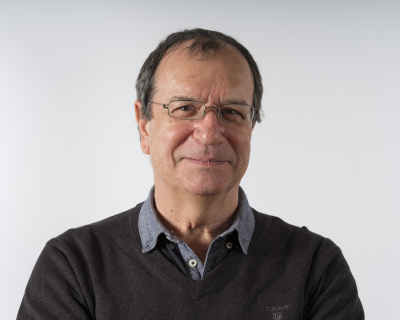

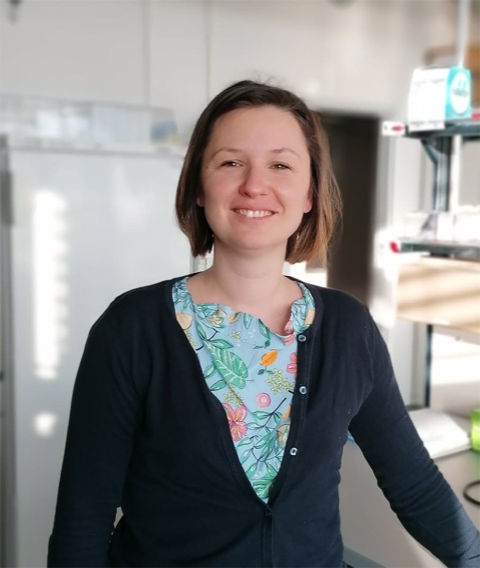

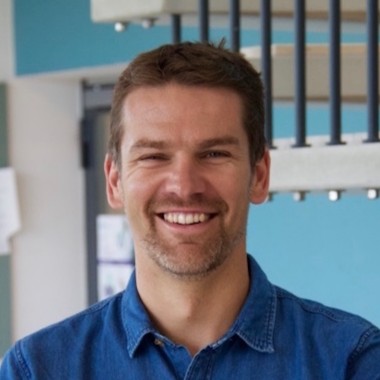





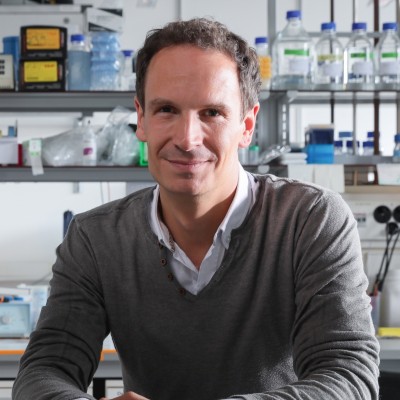
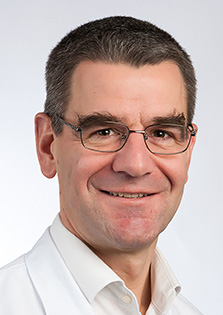

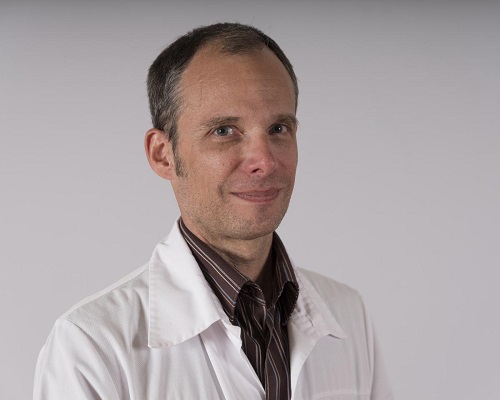
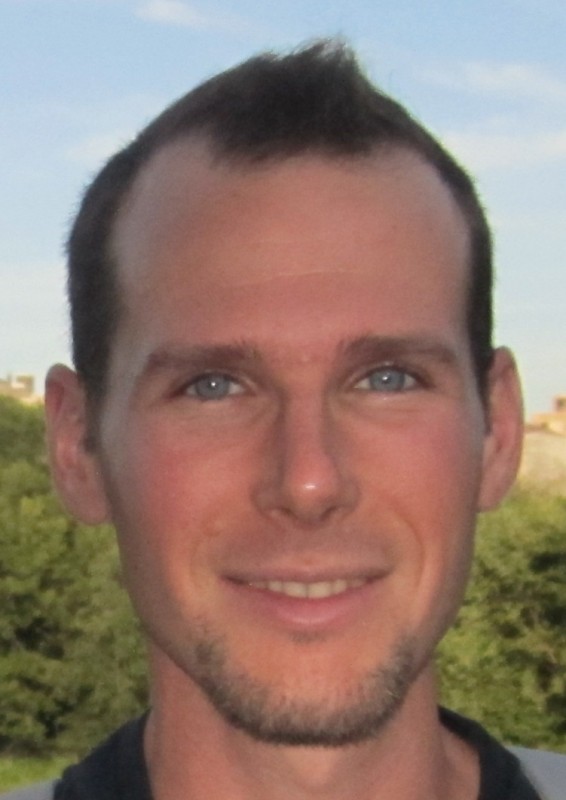


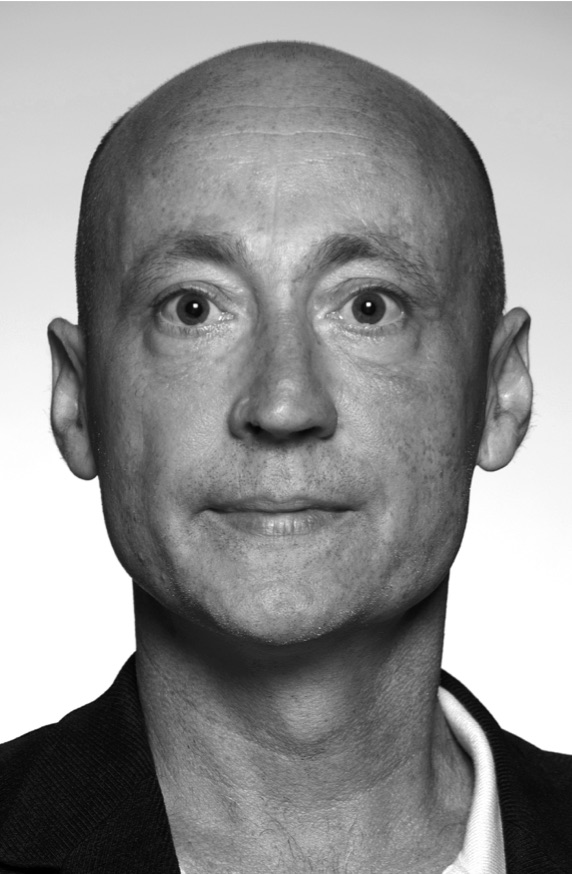
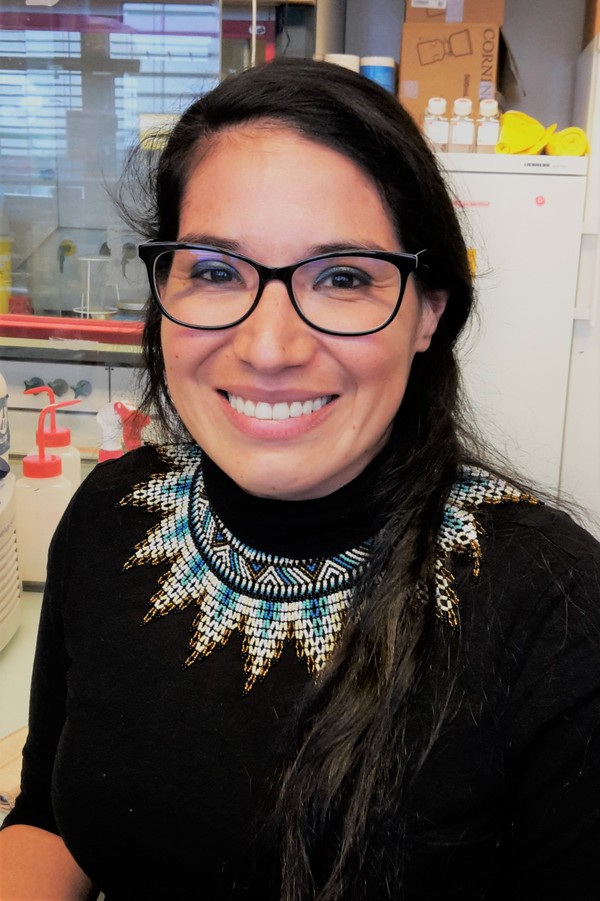
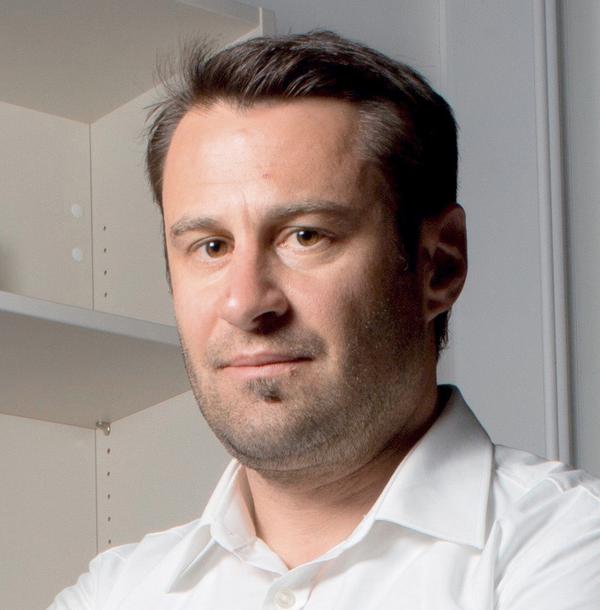
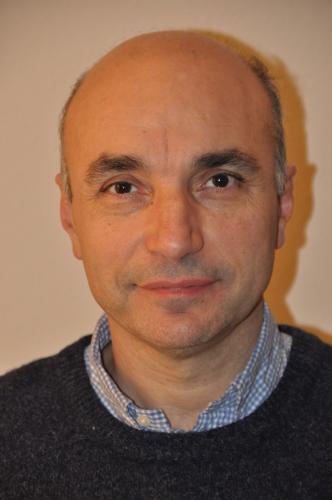


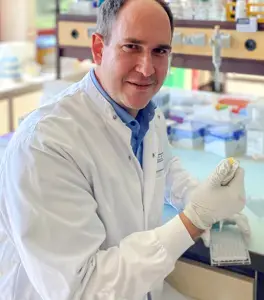

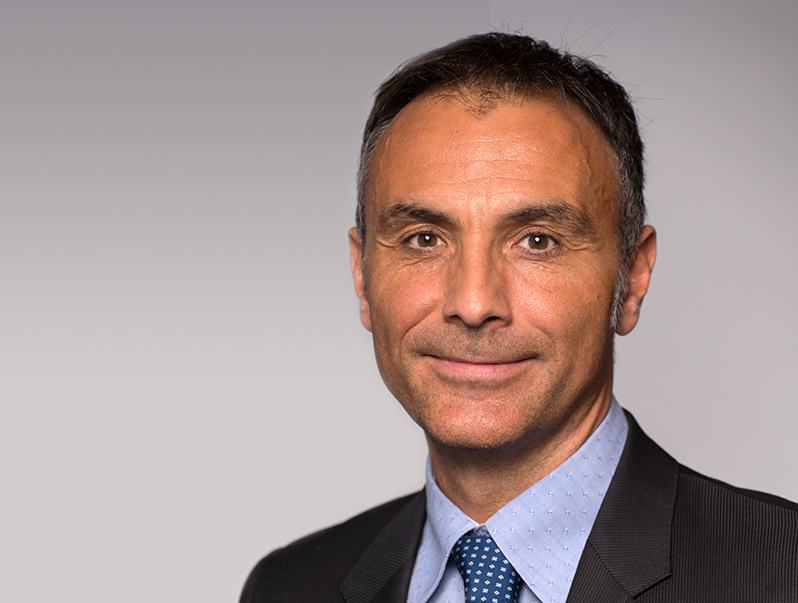

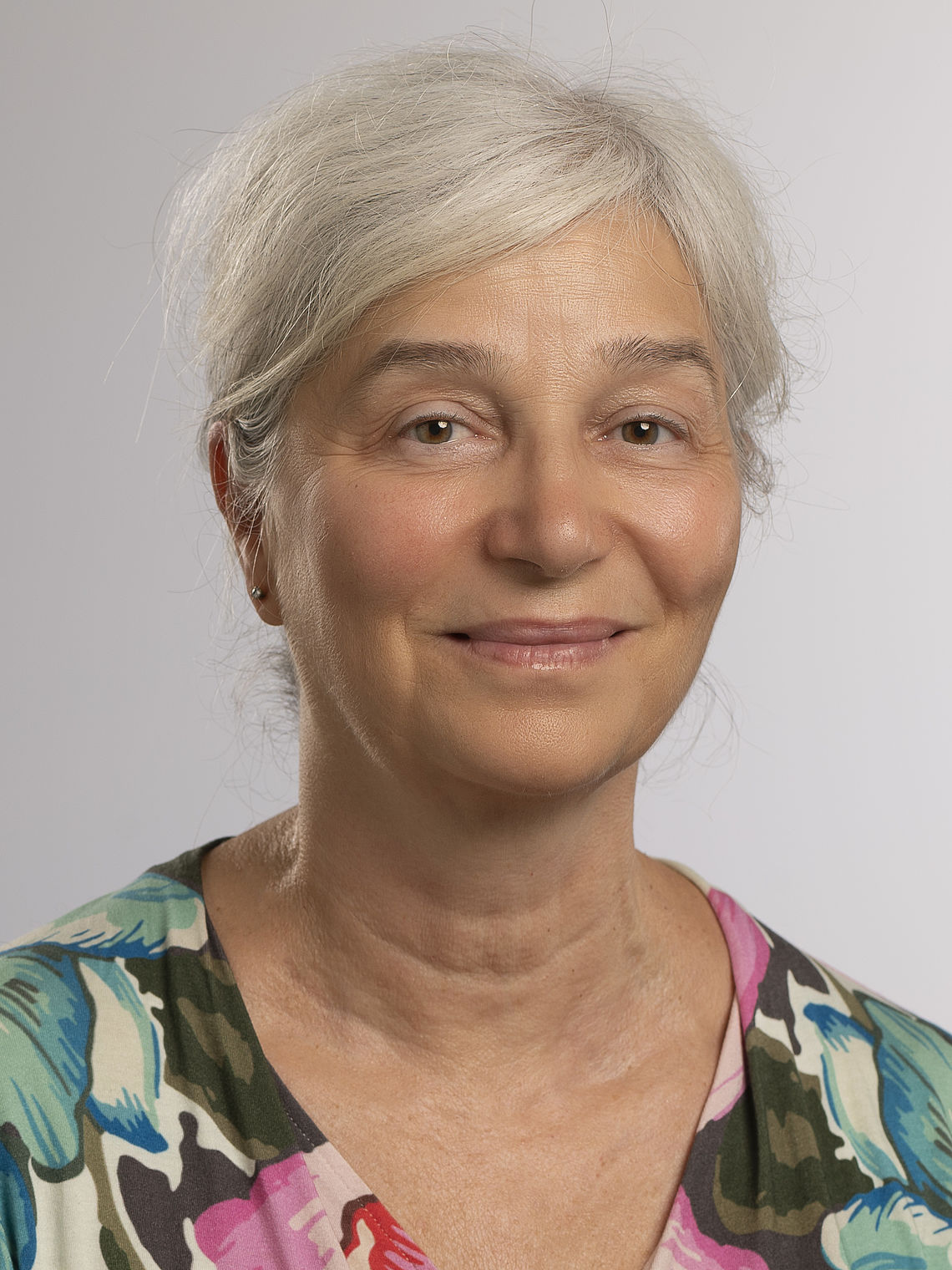
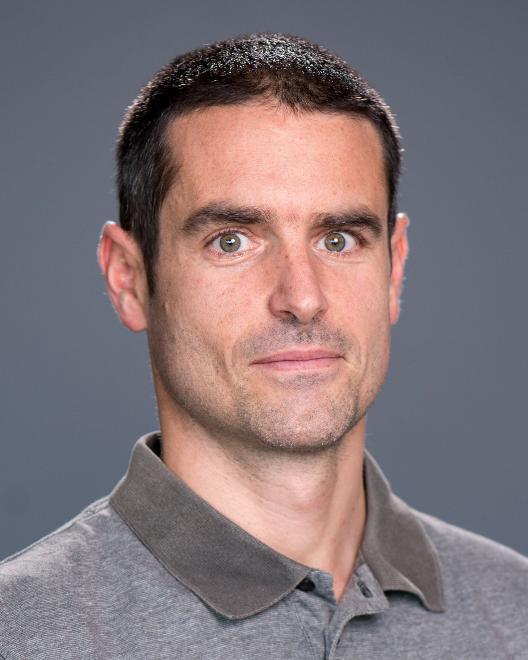

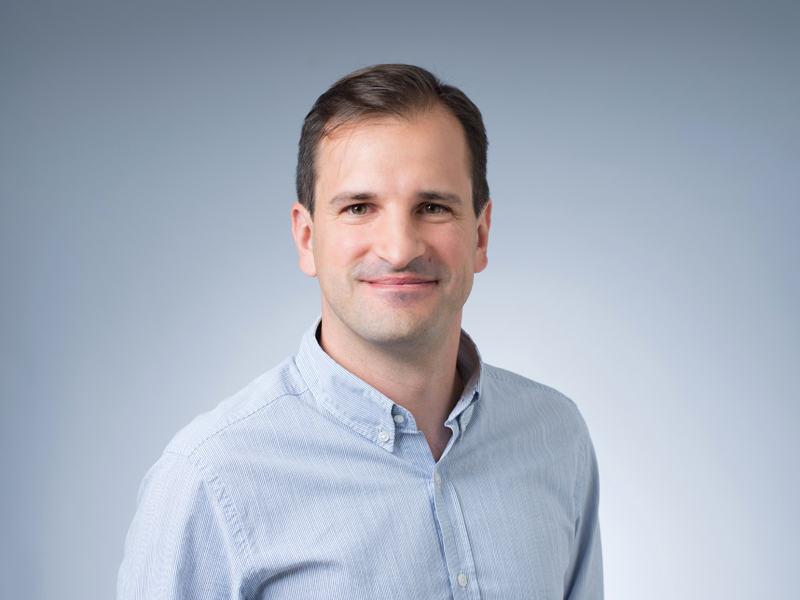
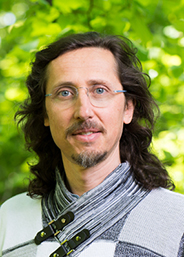
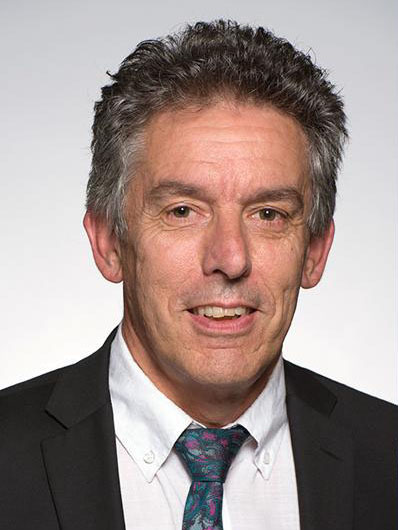


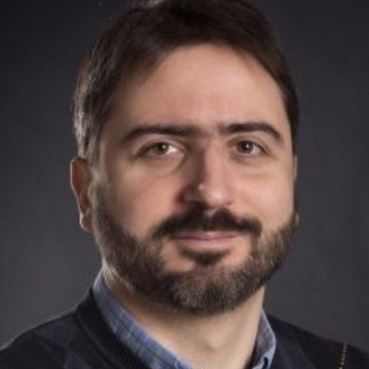

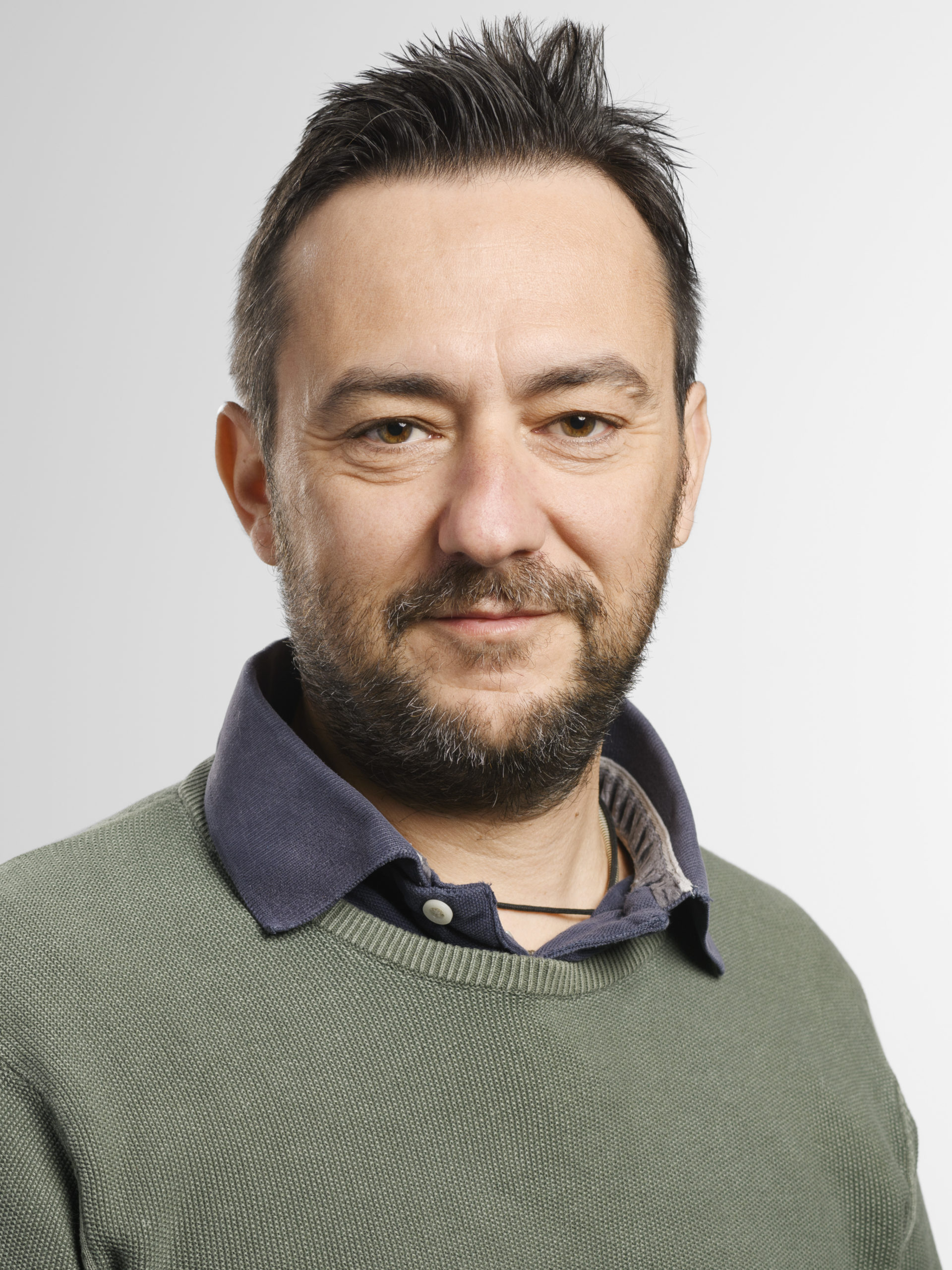


)